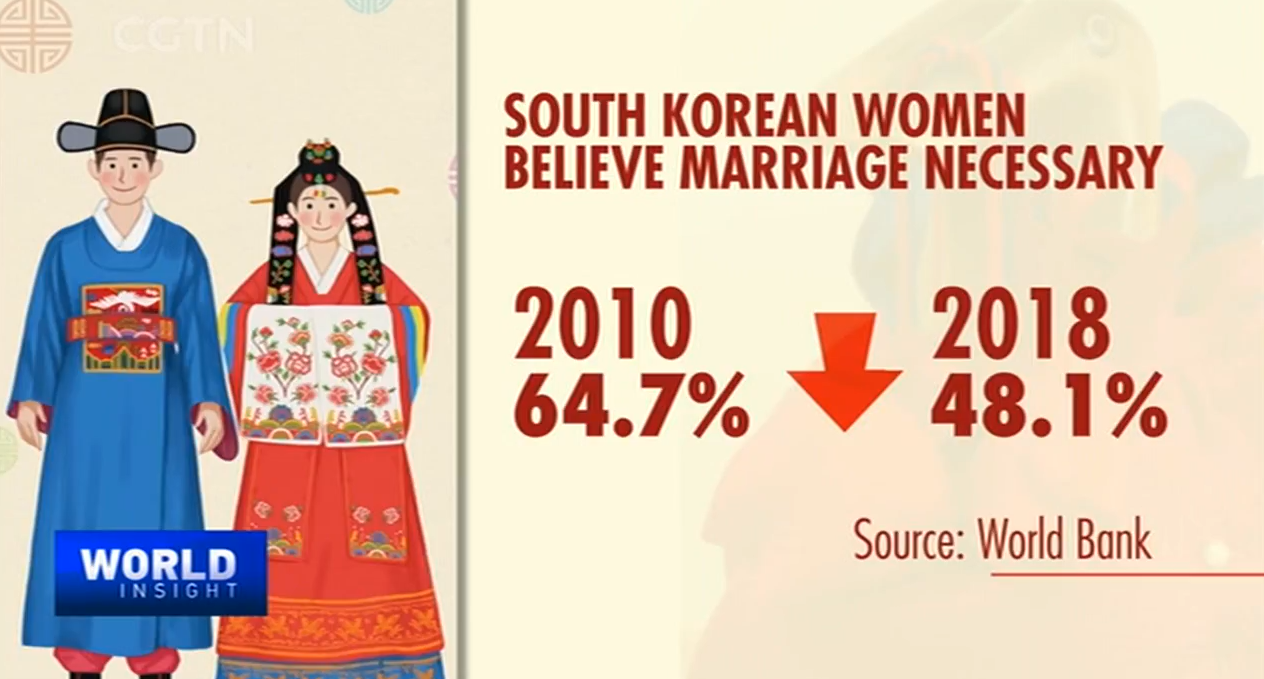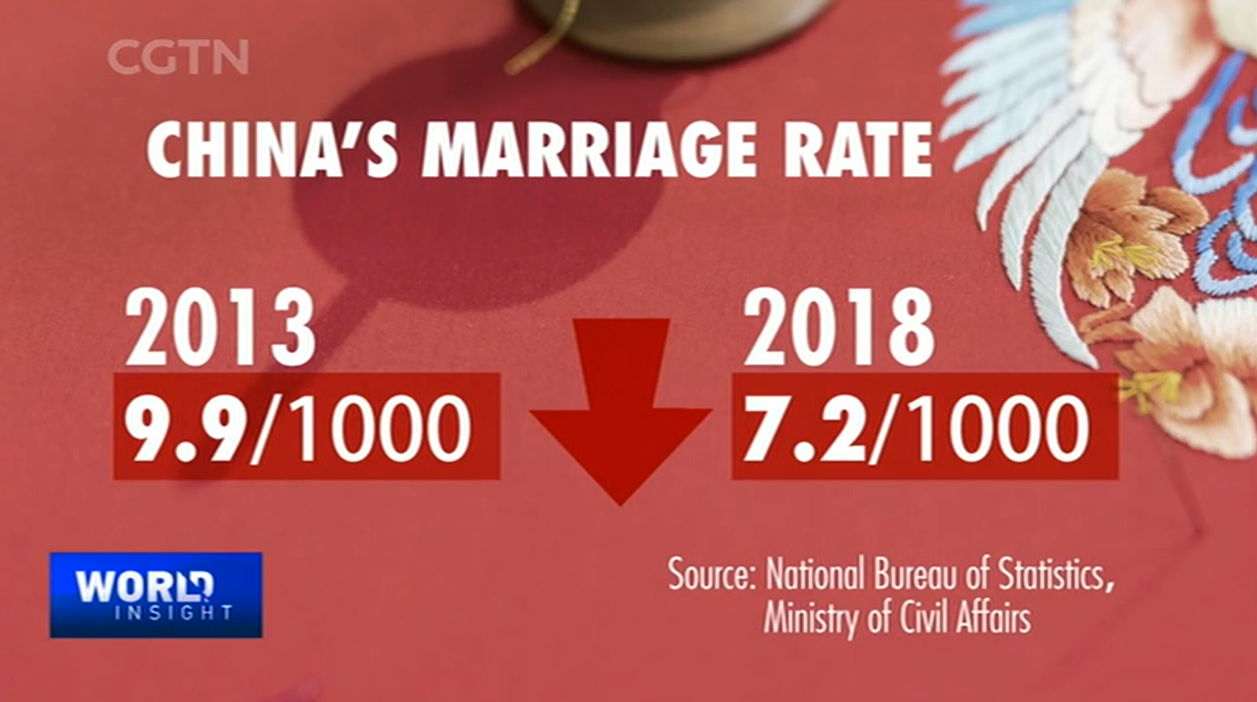

In East Asia, declining marriage rates are becoming a trend. Compared to their predecessors, more young women are opting to remain single rather than tie the knot. they are rejecting the traditional route of becoming a wife or mother for various reasons.
Women in Japanese society are empowered politically, administratively and socially, and Japanese TV dramas and movies telling stories of powerful women have gained popularity in recent years.
Many young Japanese admire single elite women. As an aging society, Japan needs to stimulate the labor market, and under these circumstances, women are encouraged to work outside the home.
"I think now our women in Japan are less conservative, more open-minded and more energetic to work and interact with society," said Yoshikazu Kato, an adjunct associate professor at the University of Hong Kong's Asia Global Institute. He added that the trend is due to encouragement from politics, administration, media and public opinion.
According to the World Bank, South Korea has the lowest birthrate out of all developed countries. In 2010, more than 64 percent of women in the country believed marriage is a necessity, while only a little more than 48 percent agreed in 2018.
The growing trend is proving a headache for the government, as the economy is bearing the brunt of the declining population. The administration has offered incentives to encourage singles to date. But, many young women called such policies "tone-deaf," since the government failed to fix the lack of legal avenues to ensure career development for mothers, or to ease financial burdens in raising children.

CGTN Photo
In China, the marriage rate has been declining for five consecutive years. It dropped from 9.9 per 1,000 people in 2013 to a five-year low of 7.2 per 1,000 people in 2018, according to official data.
The figures vary in different regions. The more developed regions have lower marriage rates.
People between 20 and 24 years old had the highest number of marriage registrations before 2012, while people between 25 and 29 became the mainstay in the past two years. Economic independence, increasing costs of living and child education contributed to the downward trend.

CGTN Photo
In the past four decades of reform and opening-up, China has achieved a lot. However, there is still a lack of social support for families. As Japan and South Korea's populations and societies age, they are forced to take proactive measures in this regard.
Kato said he can see why China's younger generation is reluctant to have children. "I think one thing is the increasing costs in the city," he said.
Japan has addressed this issue. When Japanese citizens have kids, the government offers support and free delivery for the baby. The government is increasing its level of support to encourage more young people to have kids.
However, child care after the birth is still a problem that must be addressed. Otherwise women can't work, because they have to take care of their children.
Zheng Zhenzhen, a professor at the Institute of Population and Labor Economics at the Chinese Academy of Social Sciences, pointed out that society should share that burden. And the first thing to do is to give women social support.
Furthermore, sharing the family workload is important. "A lot of traditional families used to ask women to do this and to do that, and men to work outside [the] family. So this kind of arrangement, I think still today exists in a lot of families, not only in China, I believe in Japan and South Korea," Professor Zheng said.
(If you want to contribute and have specific expertise, please contact us at opinions@cgtn.com)

Copyright © 2018 CGTN. Beijing ICP prepared NO.16065310-3
Copyright © 2018 CGTN. Beijing ICP prepared NO.16065310-3